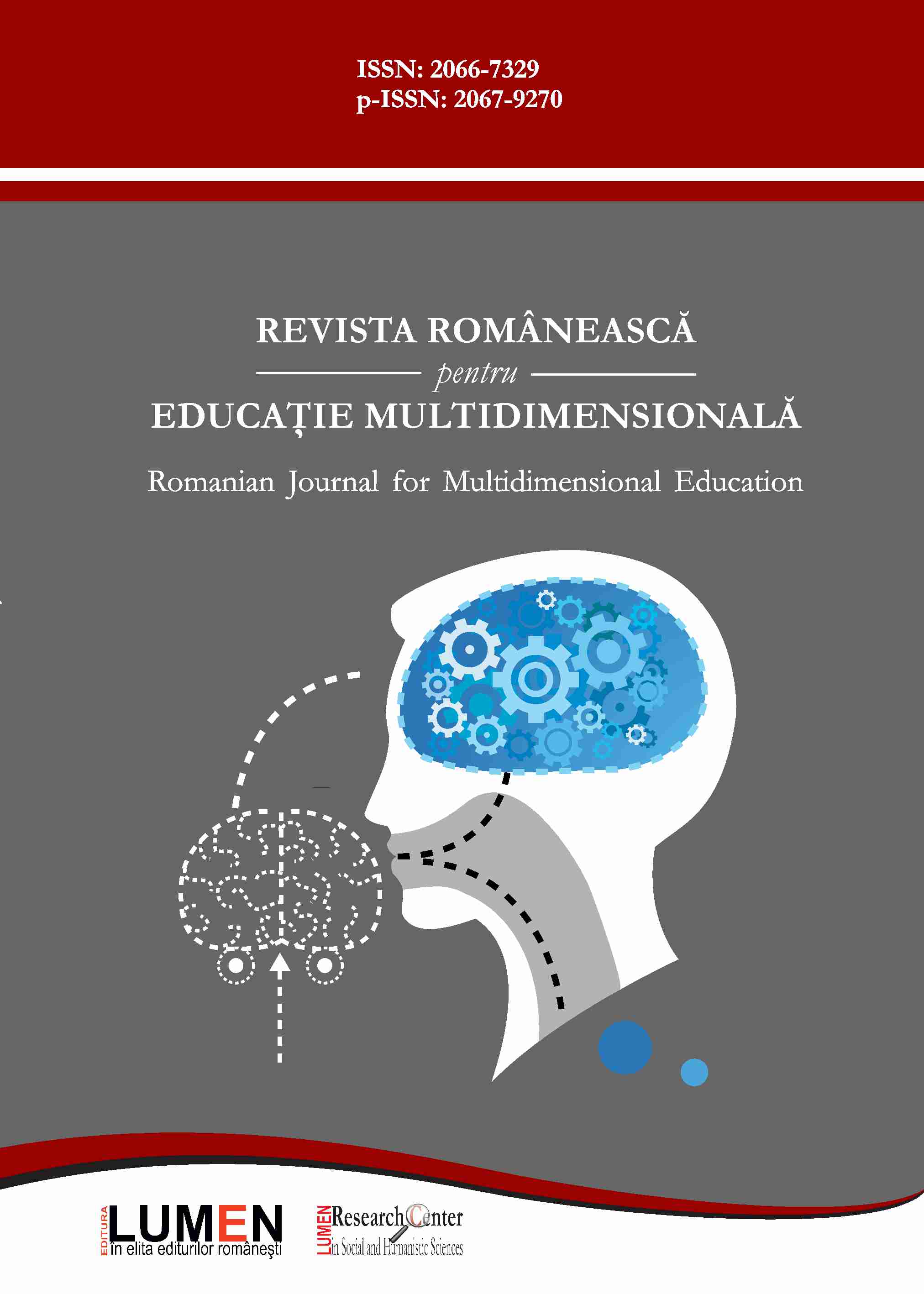Pedagogical Conditions for Developing Professional Competency in Convicts
Pedagogical Conditions for Developing Professional Competency in Convicts
Author(s): Svitlana Kalaur, Vasyl OLLO, Olha SAKNO, Maryna Voloshenko, Yurii MAKSYMENKO, Serhii LYTVYNOVSKYI, Ilona Derik, Yevheniia SAVCHENKO, Svitlana HrushkoSubject(s): Social Sciences, Education
Published by: Editura Lumen, Asociatia Lumen
Keywords: resocialization of convicts; trainees; vocational education and training; state penitentiary service; vocational profession;
Summary/Abstract: The main task of vocational schools in the system of penitentiary authorities and institutions is to ensure the right of citizens to vocational training following their inclinations, interests and abilities to improve their adaptation after release from prison. The paper aims to experimentally verify pedagogical conditions for developing professional competency in students from vocational schools of the State Penitentiary Service of Ukraine during their study of humanities and general professional disciplines. A total of 380 students from vocational education institutions of the State Penitentiary Service of Ukraine were divided into a control group (CG – 180 respondents) and an experimental group (EG – 200 respondents). It became necessary to introduce four pedagogical conditions (using the potential of a personality-oriented approach to boosting motivation towards learning; humanizing the relationships between teachers and students; reinforcing professional orientations of students by introducing innovative pedagogical technologies; improving personal and professionally important qualities based on the introduction of the specialized course, titled “Developing the Individuality of Convicts”) to enhance the effectiveness of developing professional competency in convicts. Diagnostic methods, standardized tests, specially designed author’s questionnaires and surveys, pedagogical consultative methods were employed to obtain reliable information. The number of EG respondents with a creative level has increased significantly, namely, from 18 (9.0%) to 53 (26.50%). In CG, however, these numbers are lower: from 14 (7.78%) to 18 (10.00%). The obtained results prove the effectiveness of the author’s approach to developing professional competency based on the introduction of pedagogical conditions.
Journal: Revista Românească pentru Educaţie Multidimensională
- Issue Year: 12/2020
- Issue No: 3
- Page Range: 312-328
- Page Count: 17
- Language: English

